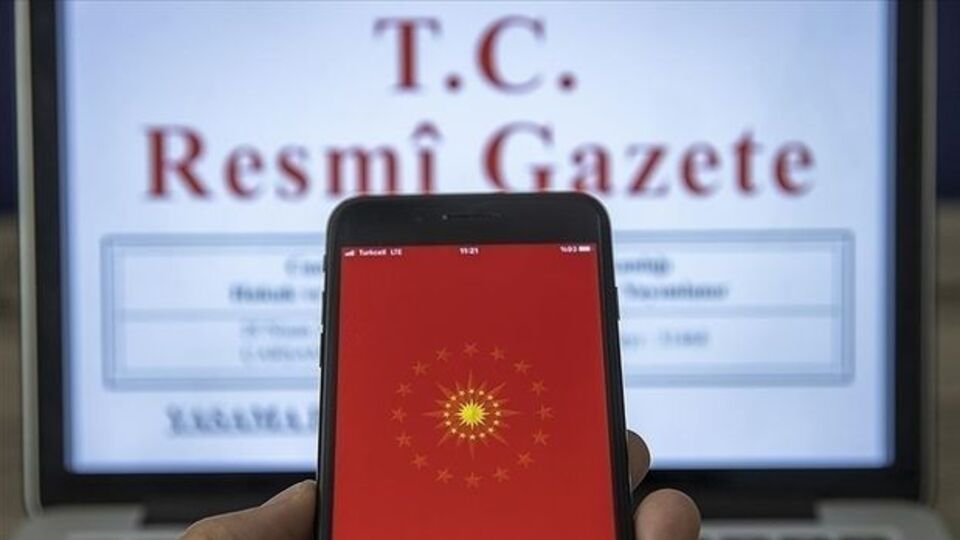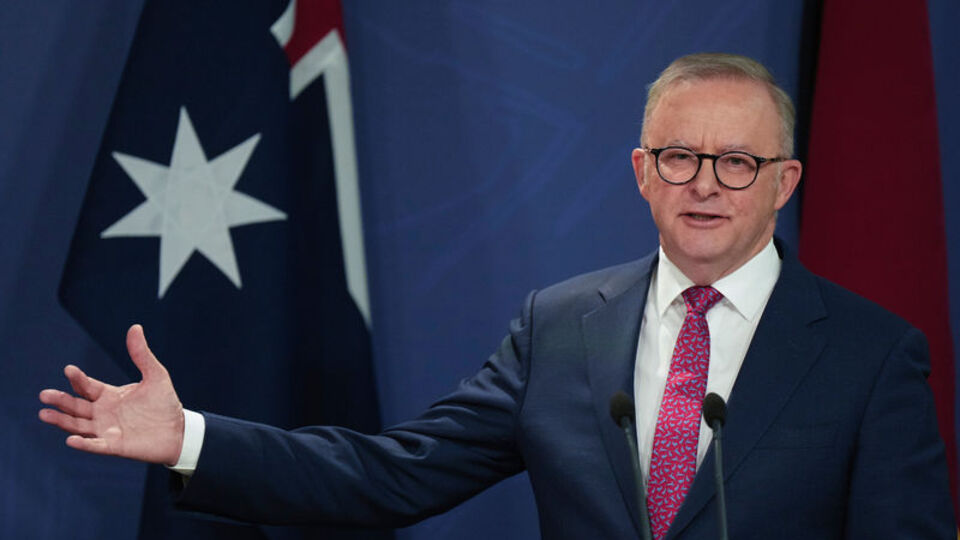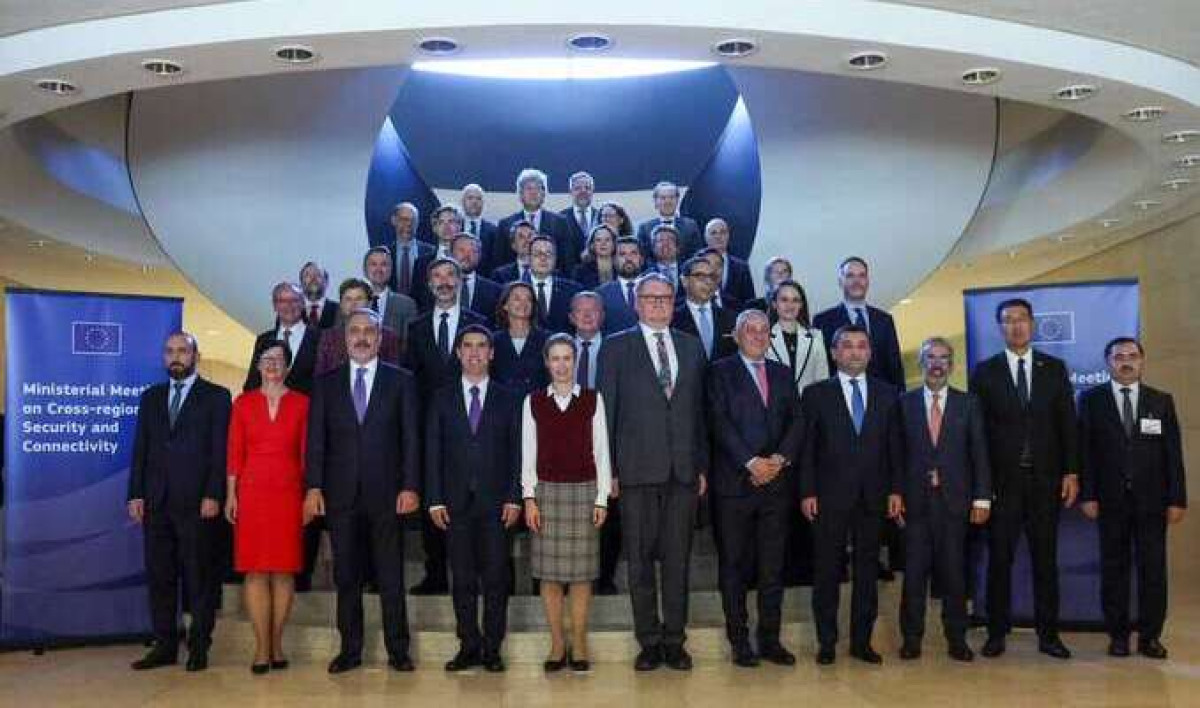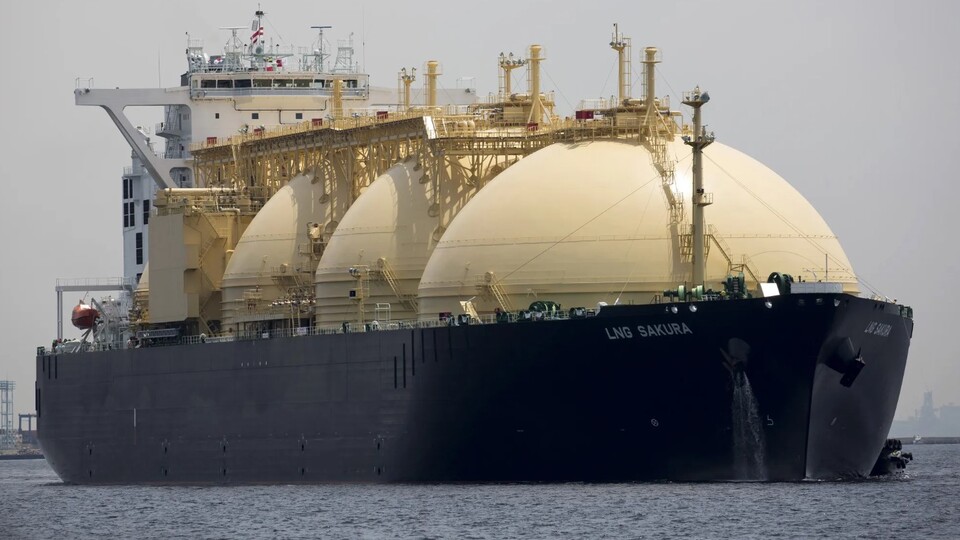
AB sets a deadline for abandoning Russian gas: a complete ban by 2028.


The European Union (EU) countries have positively approached the plan to completely end imports of natural gas and liquefied natural gas (LNG) from Russia by the beginning of 2028. This decision is considered an important step within the framework of energy security strategies.
The EU Council announced that a consensus was reached on the rules regarding the phased cessation of gas imports from Russia during a meeting of the energy ministers of member states held in Luxembourg. In this context, the energy ministers held significant discussions on shaping long-term energy policies.
In making this decision, the Ukraine crisis and the subsequent geopolitical developments played a major role, while EU countries aim to reduce their dependencies and turn towards more sustainable energy sources. This way, a stronger and more resilient structure for Europe's energy sector is intended to be established.
The complete ban on Russian gas by 2028 will symbolize an important transformation process aimed at increasing the security of energy supply in the EU. With this decision, an increase in the share of renewable energy sources is expected. At the same time, the development of alternative energy supply routes is also among the priorities on the agenda.
The EU Commission will develop strategies in this process and aim to reduce dependence on energy by coordinating with member states. It was expressed that the energy ministers should discuss how the implementation will be carried out and the necessary infrastructure to be prepared.
In conclusion, the European Union's decision to say goodbye to Russian gas is an important step taken both to achieve energy independence goals and to increase environmental sustainability. Experts recommend closely monitoring the steps to be taken in the coming years for this transformation to be effective in energy markets.
Benzer Haberler
.png)
Yakında Tüm Platformlarda
Sizlere kesintisiz haber ve analizi en hızlı şekilde ulaştırmak için. Yakında tüm platformlarda...









.png)